Nigeria
Violence & Climate Shocks
Poverty, conflict and climate shocks are driving over 25 million people in Nigeria into acute levels of hunger.
WFP/Damilola Onafuwa
Make a difference in Nigeria
14 Years of Conflict
In northeast Nigeria, conflict has displaced 2.2 million people from their homes and pushed over 4 million people into severe levels of hunger. Attacks by armed groups have forced people from their homes and hampered humanitarian access.
26.5M
people could face severe hunger this year
1.1M
people rely on WFP for food every month
2M
children in the northeast are malnourished
26.5M
people could face severe hunger this year
1.1M
people rely on WFP for food every month
2M
children in the northeast are malnourished
26.5M
people could face severe hunger this year
Triple Threats: Conflict, Insecurity and Coronavirus
April 2020

With 665 confirmed cases of coronavirus, conflict is again driving hunger at a menacing pace in Nigeria’s...
January 2017

WFP scales up its response in northeast Nigeria, reaching 1 million people in need.
August 2016

WFP activates a Level 3 food emergency, its most serious crisis designation.
July 2014

The Boko Haram Insurgency begins causing families to flee the violence.
Meeting the Challenge
The United Nations World Food Programme (WFP) uses smart, innovative solutions to support Nigerian families across the region. These innovations include livelihood programs, SCOPE registration, truck convoys and UNHAS.

Resilience
WFP provides Nigerian communities with high-quality, locally-sourced seeds, bolstering families’ food stores throughout the lean season. WFP will also provide cash transfers, tools, and vocational training to communities in need.

SCOPE
This blockchain technology helps WFP collect names, fingerprints and photos when registering refugees. The SCOPE process reduces loss and theft while allowing WFP to better monitor and evaluate food distributions.

UNHAS
Managed by WFP, the United Nations Humanitarian Air Service (UNHAS) helps transport aid workers – as well as vaccines, medicine and medical equipment to areas not easily reachable by land or sea – to families in crisis.
Lastest News
- Blog
- November 23, 2021
- Blog
- November 19, 2021




